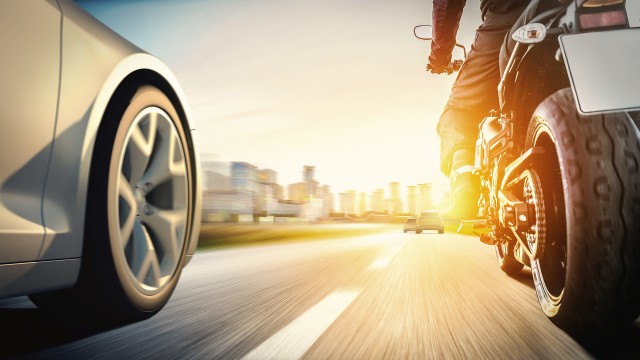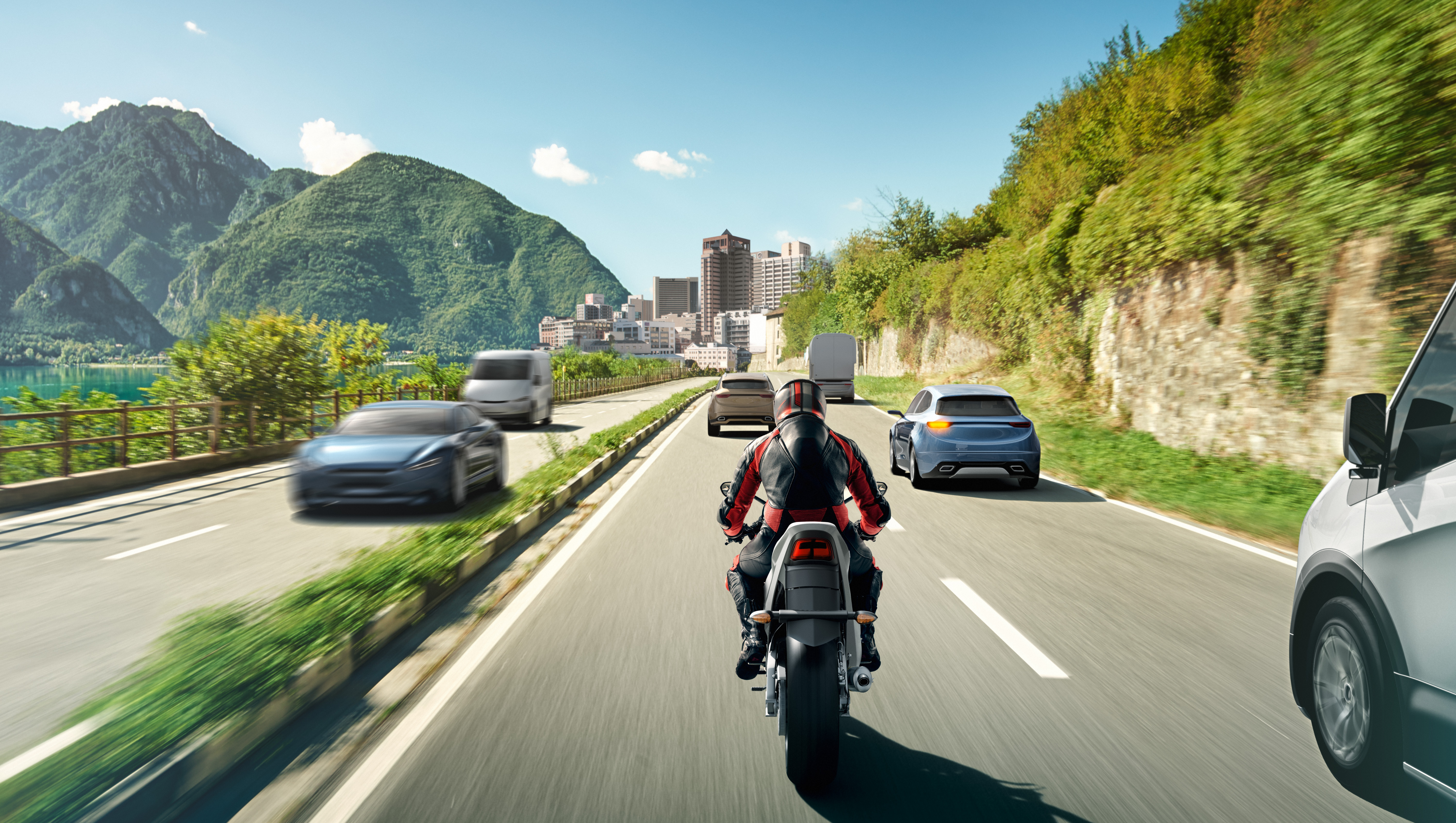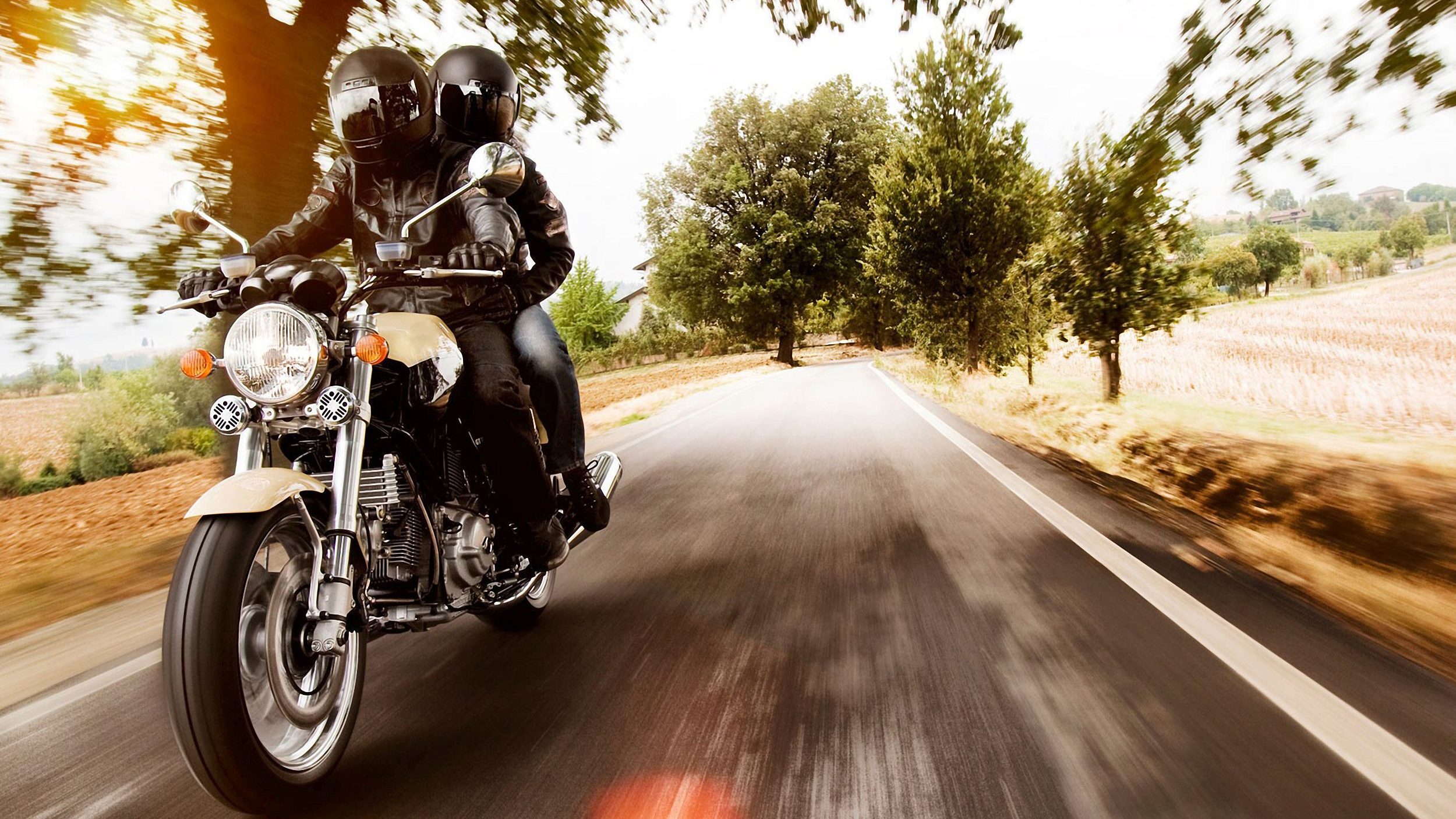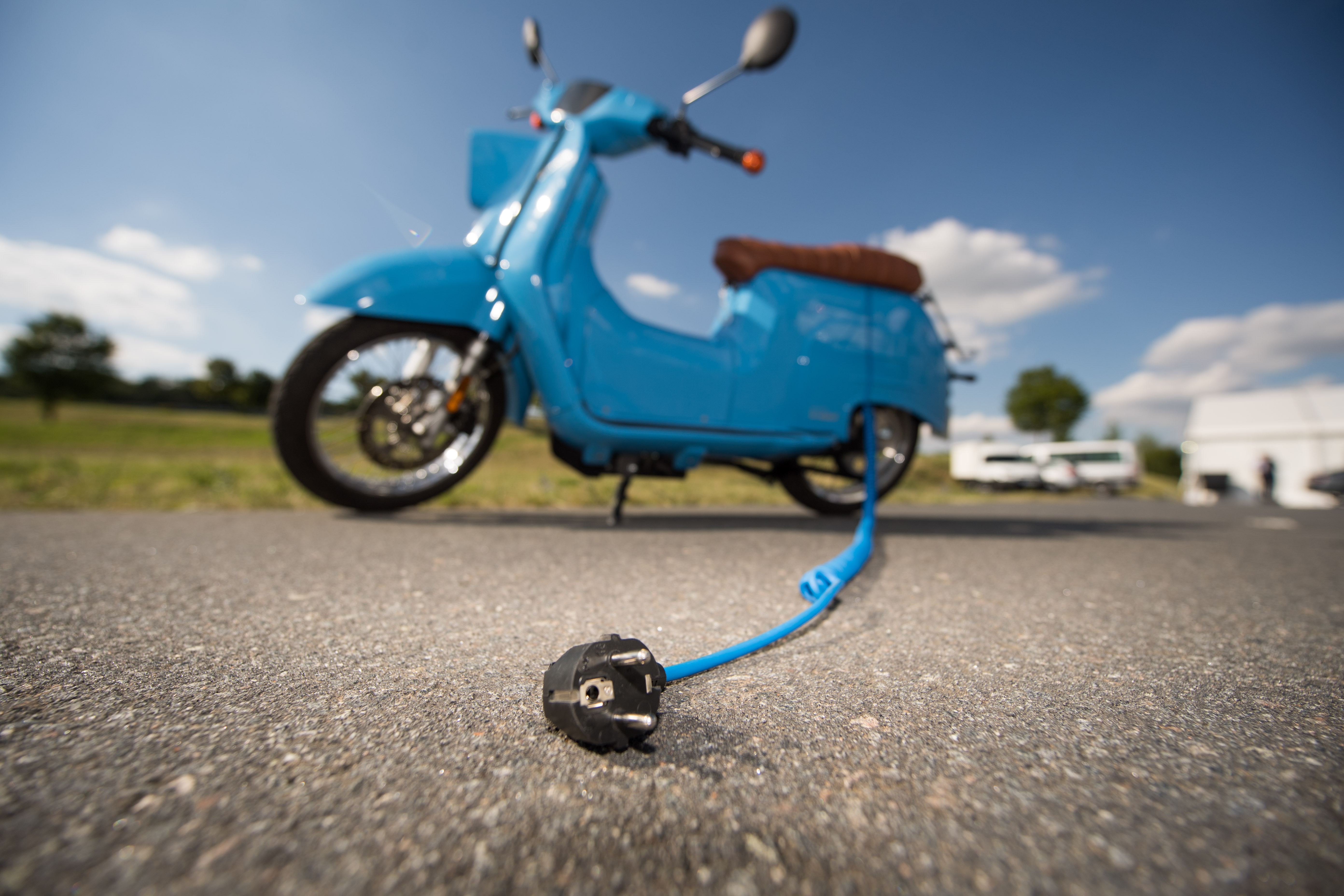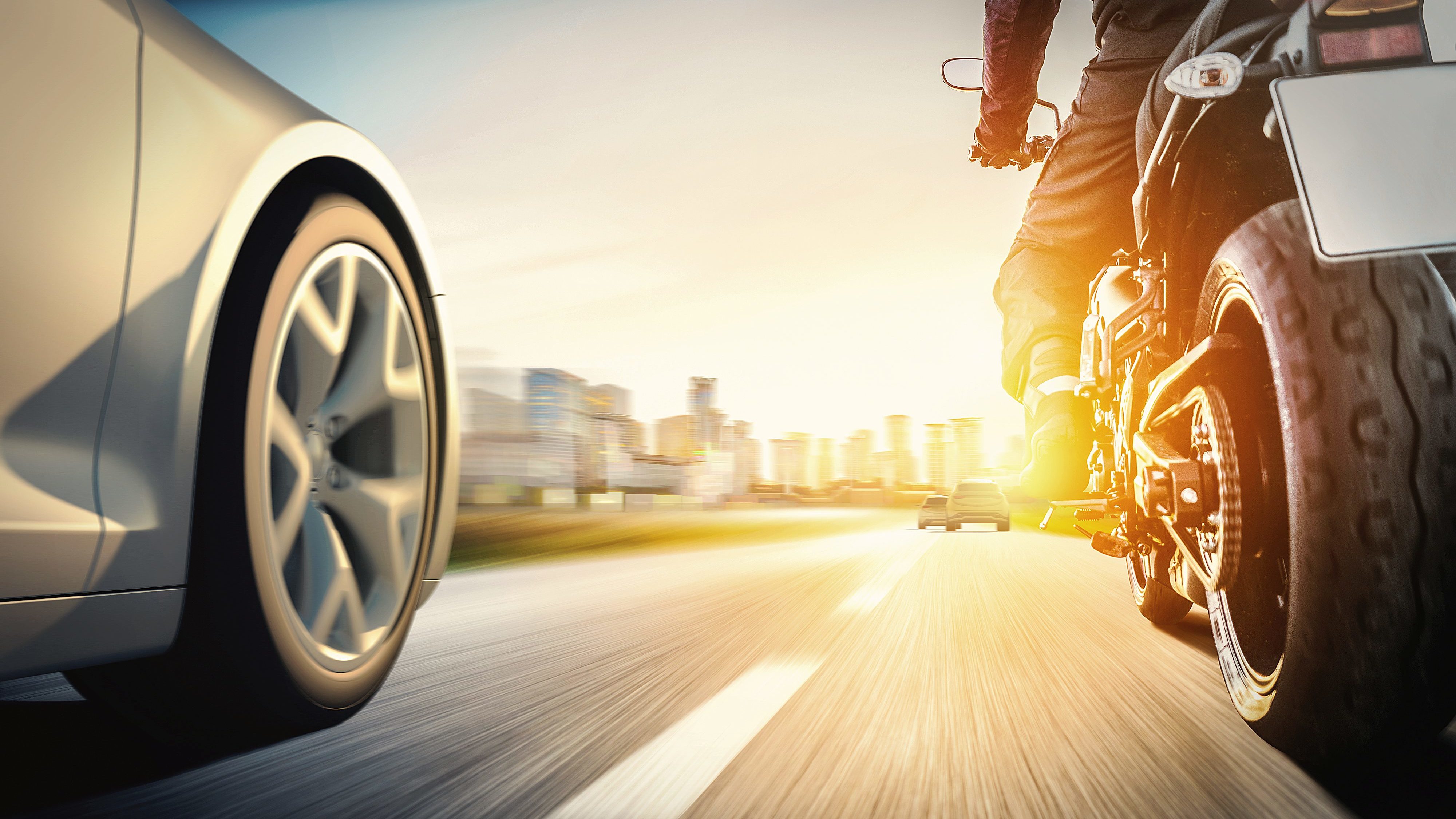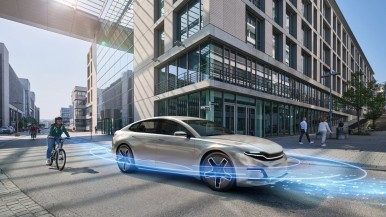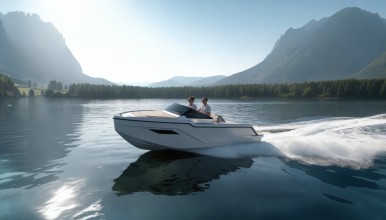Milan, Italy – Bosch’s Two-Wheeler & Powersports business unit continues to gain momentum in the global motorcycle and powersports market. Bosch’s motorcycle technology sales for 2018 are forecasted to rise more than 20 percent compared to 2017. According to Bosch’s estimate, the business unit´s sales will continue to grow twice as fast as the market, heading towards the target of one billion euros of sales in 2020, generated by assistance, powertrain, electrification, and connectivity systems. Major growth is forecasted in India where Bosch supplies market-specific motorcycle powertrain and safety solutions to comply with the ABS and Bharat Stage 6 emission regulation as well as local market trends. Bosch continues to invest in a constantly growing market. The global demand for two-wheelers is forecasted to grow annually by more than four percent from 2017 to 2022, reaching 122 million bikes by 2022 (source: Freedonia). In 2018, Bosch has set up a dedicated Two-Wheeler & Powersports team in ASEAN, one of the Top 3 motorcycle markets in the world besides China and India, to address the local market needs. “Bosch continues to invest in dedicated motorcycle and powersports technologies, aiming at becoming the market leader,” says Dr. Dirk Hoheisel, Executive Board Member at Robert Bosch GmbH.
Contact person for press inquiries:
Marco Gardenale
Phone: +39 2 36962511
EXPERIENCE BOSCH AT THE EICMA 2018: Whether smart assistance systems, connectivity solutions, or new energy for the powertrain: Bosch has the right solutions for the motorcycles and powersport vehicles of the future. At the EICMA 2018, Bosch will be presenting its latest solutions in each of these three spheres at Booth G55 in Hall 13.
- Press conference: Tuesday, November 6, 2018,
9:30 a.m. – 9:45 a.m. with Geoff Liersch, Head of the Bosch Two-Wheeler and Powersports business unit at the Bosch Booth G55 in Hall 13.
Mobility is the largest Bosch Group business sector. It generated sales of 55.8 billion euros in 2024, and thus contributed around 62 percent of total sales. This makes the Bosch Group one of the leading mobility suppliers. Bosch Mobility pursues a vision of mobility that is safe, sustainable, and exciting. For its customers, the outcome is integrated mobility solutions. The business sector’s main areas of activity are electrification, software and services, semiconductors and sensors, vehicle computers, advanced driver assistance systems, systems for vehicle dynamics control, repair-shop concepts, as well as technology and services for the automotive aftermarket and fleets. Bosch is synonymous with important automotive innovations, such as electronic engine management, the ESP anti-skid system, and common-rail diesel technology.
The Bosch Group is a leading global supplier of technology and services. It employs roughly 412,000 associates worldwide (as of December 31, 2025). According to preliminary figures, the company generated sales of 91 billion euros in 2025. Its operations are divided into four business sectors: Mobility, Industrial Technology, Consumer Goods, and Energy and Building Technology. With its business activities, the company aims to use technology to help shape universal trends such as automation, electrification, digitalization, connectivity, and an orientation to sustainability. In this context, Bosch’s broad diversification across regions and industries strengthens its innovativeness and robustness. Bosch uses its proven expertise in sensor technology, software, and services to offer customers cross-domain solutions from a single source. It also applies its expertise in connectivity and artificial intelligence in order to develop and manufacture user-friendly, sustainable products. With technology that is “Invented for life,” Bosch wants to help improve quality of life and conserve natural resources. The Bosch Group comprises Robert Bosch GmbH and its roughly 490 subsidiary and regional companies in over 60 countries. Including sales and service partners, Bosch’s global manufacturing, engineering, and sales network covers nearly every country in the world. Bosch’s innovative strength is key to the company’s further development. At 136 locations across the globe, Bosch employs some 82,000 associates in research and development.
Additional information is available online at www.bosch.com, www.bosch-press.com.
